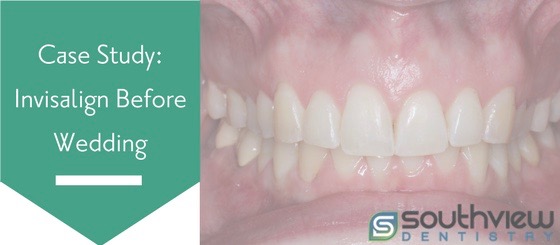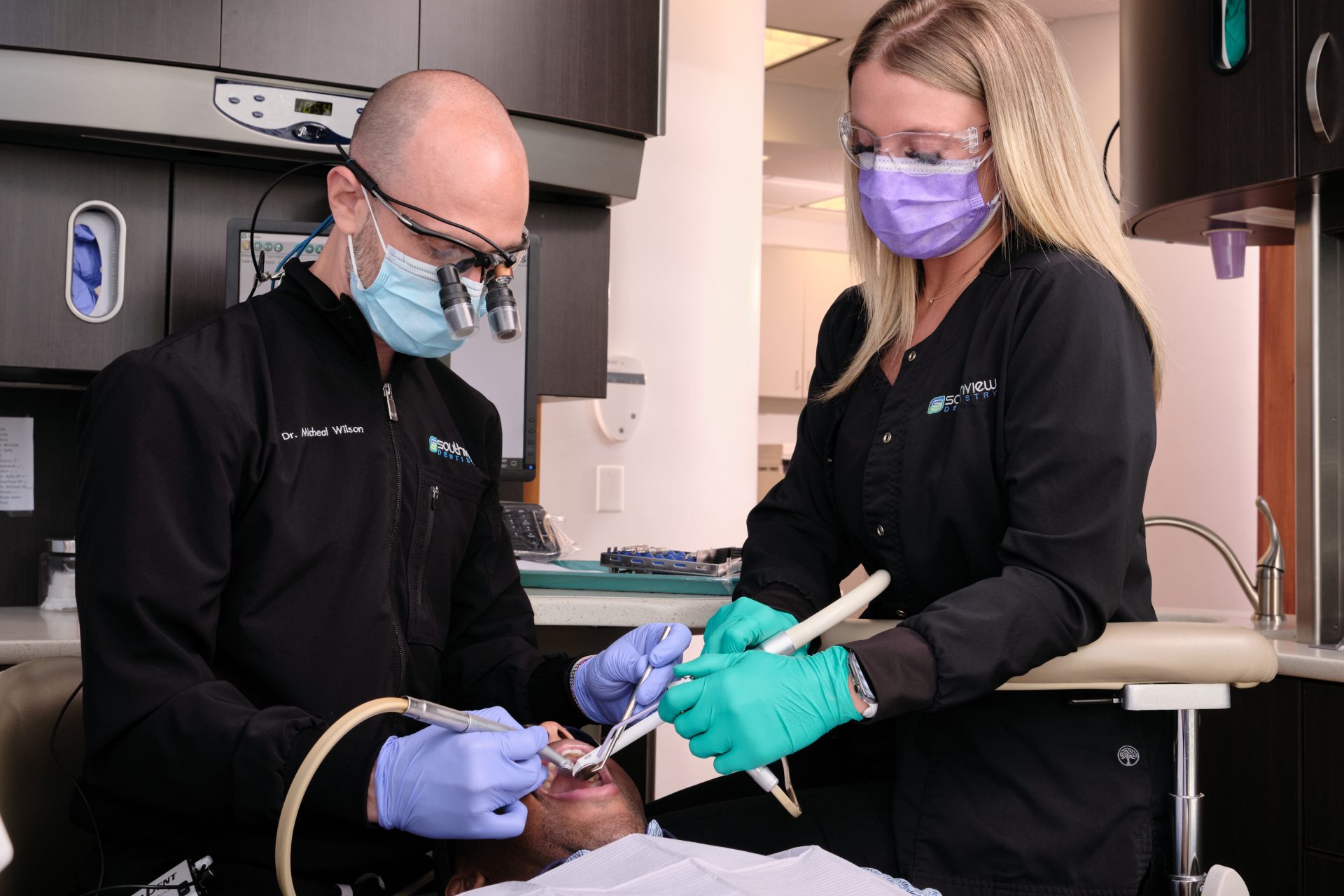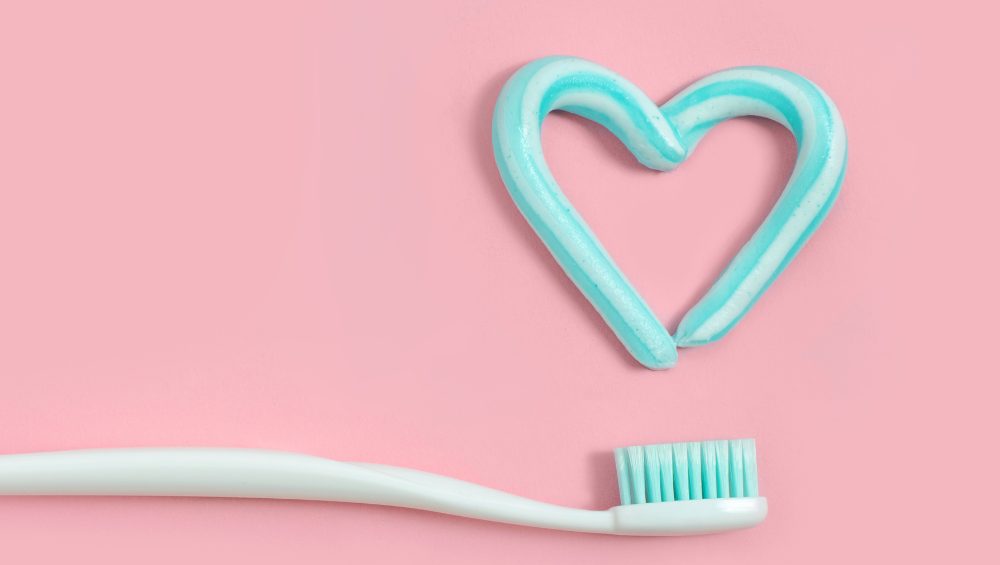
Case Study: Invisalign Treatment Before Wedding
January 16, 2017
Case Study: Invisalign for Over-Crowding
February 28, 2017Oral health isn’t something you can disregard or get complacent about the older you get, oral health is older adults is very important! In the past, losing teeth and getting dentures was considered an almost inevitable part of aging. Those days are over. Intact teeth, healthy gums and pain-free smiles are what older adults should expect as they maintain good oral hygiene and get regular dental care.
Some seniors may find it harder to brush thoroughly and take care of their teeth than they used to. But with age, good oral health is key to avoiding gum disease, preserving function and allowing people to eat well. Below, we describe potential issues, nifty devices and affordable resources for seniors and caregivers to keep teeth healthy.
Mouth of a 45-Year-Old
Among most baby boomers, dental self-care comes naturally. For this group, losing their teeth is not a consideration. They’re not going to. And they’re people who’ve grown up pretty recently educated that you should go regularly to get your teeth cleaned, that you should use a fluoridated toothpaste.
Baby boomers have a preventive advantage. Unlike kids these days, [baby boomers] drank out of drinking fountains that had fluoride in them. You can’t gauge somebody’s age by looking at their teeth, we’ve told 85-year-old patients that if we showed their X-rays to another dentist, the dentist would think the images belonged to someone who was 45.
“When was the last time you had your teeth cleaned?” is a key question to ask new patients or their family members. That tells us the last time you were in for regular preventive care. That’s what matters so much.
Debunking Senior Dental Myths
Common misconceptions about aging teeth can act as barriers to the best dental self-care. Keep the following recommendations in mind:
- Cavities aren’t just for kids. The evidence is clear that loss of teeth, or edentulism, is decreasing among older Americans. People are retaining their teeth and keeping them longer. Therefore, they could be at risk for cavities. It doesn’t mean that’s automatic. If you’re taking care of your teeth, we can prevent cavities.
- Don’t wait for pain. Waiting for patients to start complaining of pain before doing root-surface procedures isn’t a good approach for older adults in their 70s and beyond. Pain perception changes with age and a problem that would send a 40-year-old screaming to their dentist might not register with someone who’s 75. Similarly, older patients might put off needed care, not realizing that pain is a sign of an underlying problem. But waiting until it really hurts could lead to tooth loss and costly reconstructive work.
- Teeth shouldn’t soften. It’s not true that teeth naturally become softer with age. If you have bone loss, you have periodontal disease or your teeth are breaking up because there’s decay.
- Gum bleeding? Don’t stop brushing. Bleeding gums are a sign of infection and an indication that oral hygiene isn’t ideal. Caregivers may be reluctant to brush people’s teeth when bleeding occurs. However, it’s going to bleed when you start – keep cleaning until it stops and gets healthy again.
- Nutrition suffers with dental problems. It’s a myth that missing teeth or faulty dentures make people eat less. Instead, they choose softer foods like doughnuts and avoid healthier choices like salads, raw carrots and apples. When loose lower dentures impair function, implants help clasp them in place. Strategically located implants to replace missing teeth can allow better chewing, so people eat in a more nutritious way.
Body-Mouth Connection
You can’t have good overall health without dental health. Just as an infected cut on your finger can introduce bacteria into the bloodstream, infection from gum disease also can spread. The mouth is the entrance to your gut and other parts of the body and we have been learning more from the science and research [about] the connection between chronic conditions like diabetes and the oral health of that individual. People with diabetes are more likely to have periodontal disease. They definitely need to be seen more frequently for cleanings and monitoring.
Dental exams can uncover certain medical conditions. Diagnostic tools like X-rays and a methodical screening process, including a head and neck exam, may locate cancerous and noncancerous growths. A dental exam can also catch systemic problems like a blood disorder. According to the American Cancer Society, 62 is the average age for most people diagnosed with mouth, throat and tongue cancer.
Older adults may see prescriptions pile up, and some medications lead to dry mouth. If you notice a couple months after you start a new medication your mouth getting drier, do not do anything except drink water to fix it. Do not suck on candies. Do not drink more coffees and teas with sugar in them. When you are constantly exposed to sugar throughout a day, then you’re going to increase your [cavity] risk. Talk to your doctor about adjusting medications.
When brushing and flossing get harder for patients we see plaque build along their gum lines and foods caught in their teeth. Easy-to-use dental devices can make up for reduced manual dexterity and improve patients’ ability to keep teeth clean.
Interdental brushes, which look like small tube brushes, provide a good alternative to flossing. (They are also helpful for people with braces.) Water flossers are another option, as well as sonic electric toothbrushes, which vibrate the plaque from your teeth.



